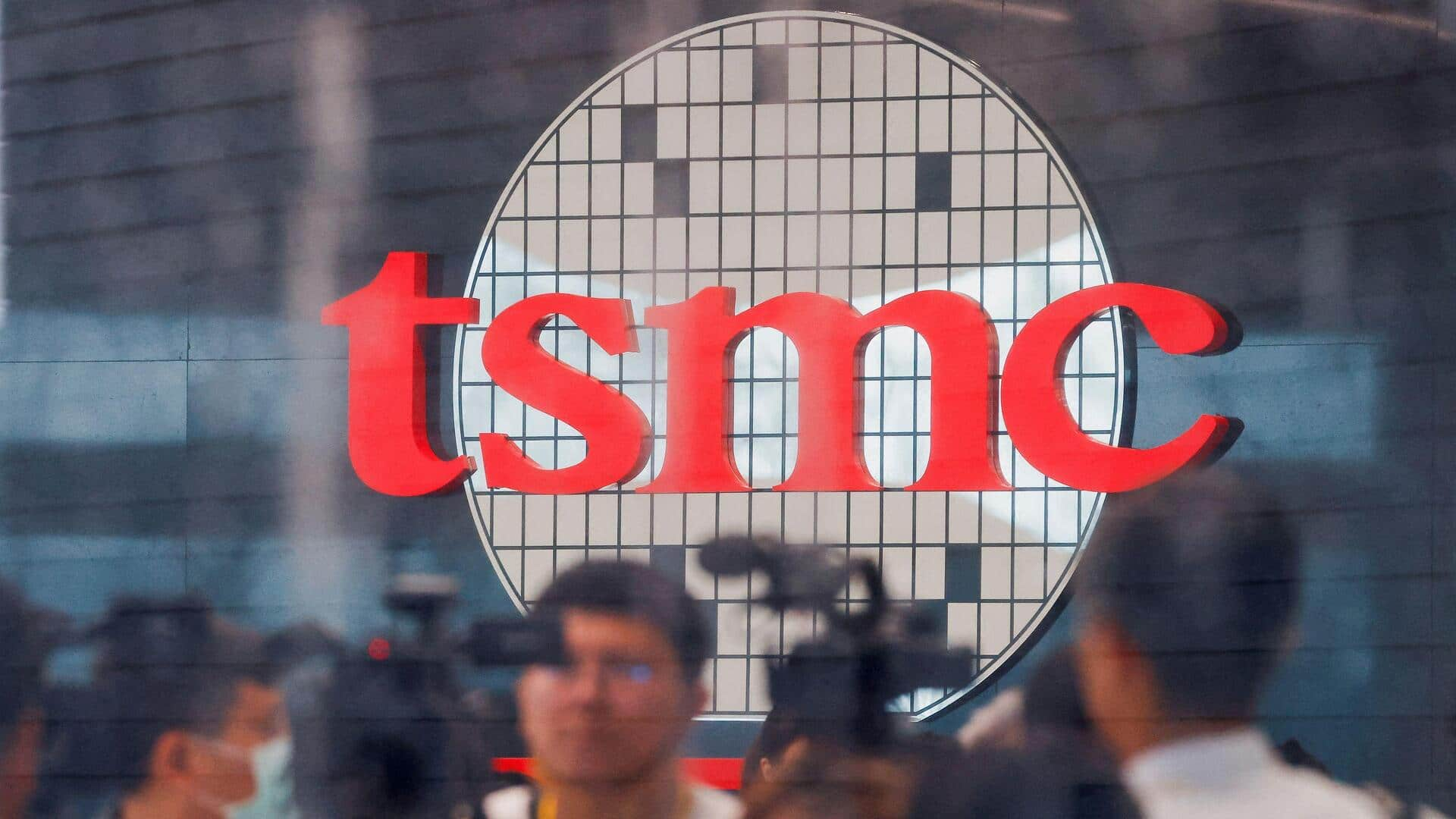
TSMC's neutrality tested amid escalating US-China tech war
What's the story
Taiwan Semiconductor Manufacturing Co. (TSMC), the world's largest chipmaker and Apple's main supplier since 2014, is caught in the crossfire of the US-China tech war. The company, which also makes cutting-edge AI chips, is trying to stay neutral in the middle of this geopolitical turmoil. But, as the tensions escalate, staying true to its "Switzerland of semiconductors" position is getting harder for the chipmaker.
Sanctions impact
US sanctions on Chinese tech intensify pressure on TSMC
TSMC's neutrality is being put to the test as the US tightens its grip on semiconductor exports to China. Since 2020, sanctions have been imposed to prevent Chinese firms such as Huawei from accessing advanced chips without approval. The situation worsened in 2022 when restrictions were extended to AI chip exports, further increasing the pressure on companies operating in both markets.
Probe initiated
TSMC under investigation for alleged sanctions breach
The US Department of Commerce has launched an investigation against TSMC for allegedly violating sanctions, believing the company may have indirectly supplied Huawei with chips through a third-party intermediary. The chip in question resembles Huawei's Ascend 910B, which is used for training AI models — a sensitive area in the tech rivalry. In the wake of these allegations, TSMC has initiated an internal review of its Chinese customer base and suspended suspicious orders.
Operational risks
Operations in China pose additional challenges
TSMC's challenges go beyond placating the US. The company operates two factories in China, catering to a wide variety of local customers. Any slip-up could invite Chinese authorities' intervention, jeopardizing profits and possibly shaking the global semiconductor supply chain. When Chinese officials questioned TSMC over the US probe, the company reportedly emphasized its duty to abide by US rules but assured China it wouldn't take additional punitive measures than required.
Client reliance
Dependency on US clients complicates situation
TSMC's dependence on US clients, which account for 65% of its revenue, adds another layer of difficulty to the situation. With major clients like Apple and NVIDIA, the company has no option but to co-operate fully with US investigations. It hopes that by being transparent in its cooperation, it can avoid severe penalties while highlighting the challenges of vetting clients in a complex supply chain.